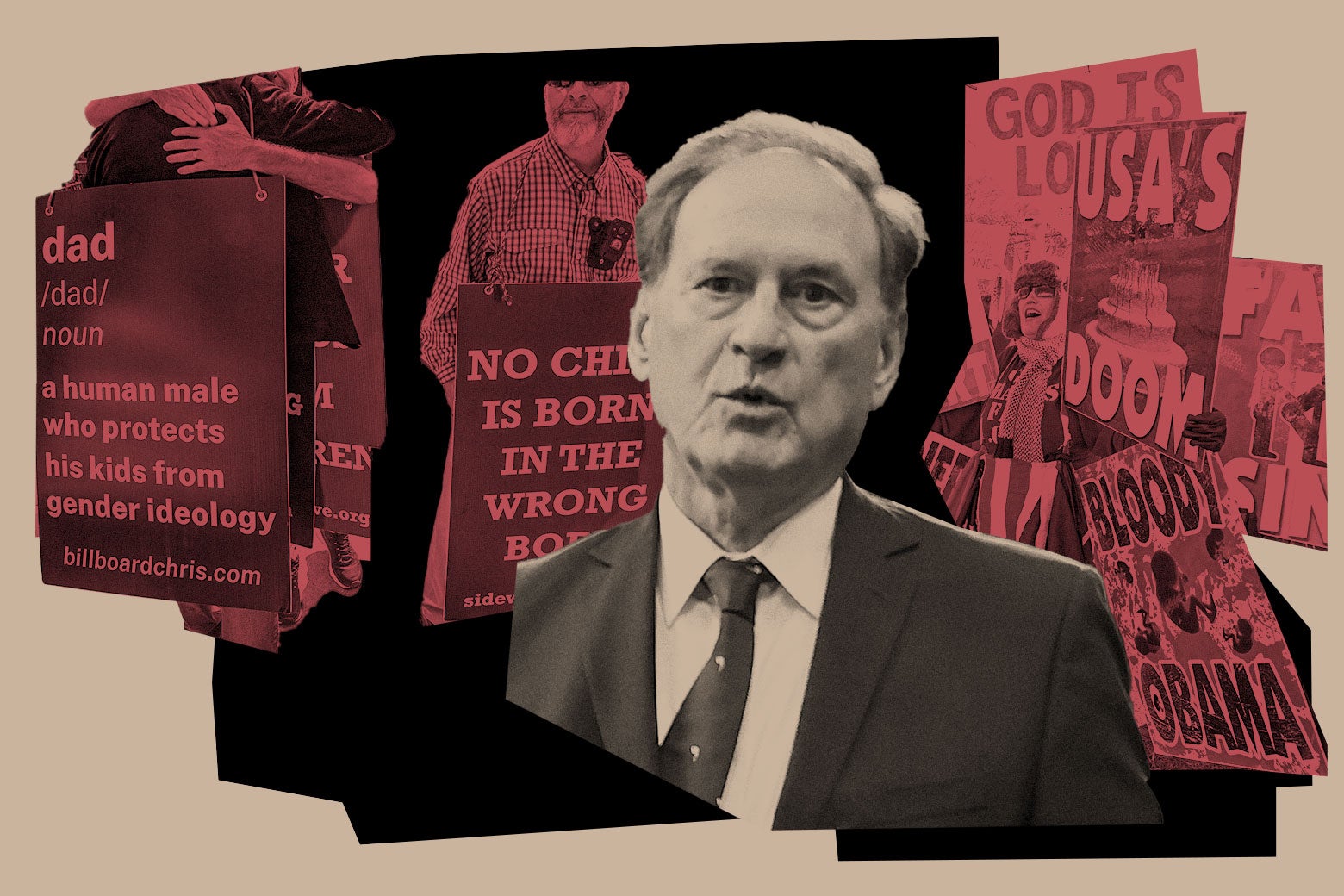
"The court ruled that certain storybooks posed a "very real threat of undermining" the parents' sincere religious beliefs, allowing them to exempt their children from LGBTQ+ material."
"Justice Sotomayor argued that the decision permits religious believers to contest any objectionable material, potentially opening the door for a wider range of exclusions."
"Justice Alito indicated that for students to opt out of material, it must be shown to be presented in a "hostile" manner that imposes a "pressure to conform.""
"Asma Uddin emphasized the ruling as a "narrow holding" that addresses a specific burden, not every discomfort or clash of values."
The Supreme Court's decision in Mahmoud v. Taylor allows parents, including a Muslim claimant, to exempt their children from public school materials containing LGBTQ+ themes. The court recognized that five storybooks presented a "very real threat" to the parents' sincere religious beliefs. Dissenting voices raised concerns that this ruling grants too much freedom to contest any objectionable content. The ruling is characterized as a "narrow holding," focusing on specific burdens rather than general discomforts related to differing values.
Read at Slate Magazine
Unable to calculate read time
Collection
[
|
...
]